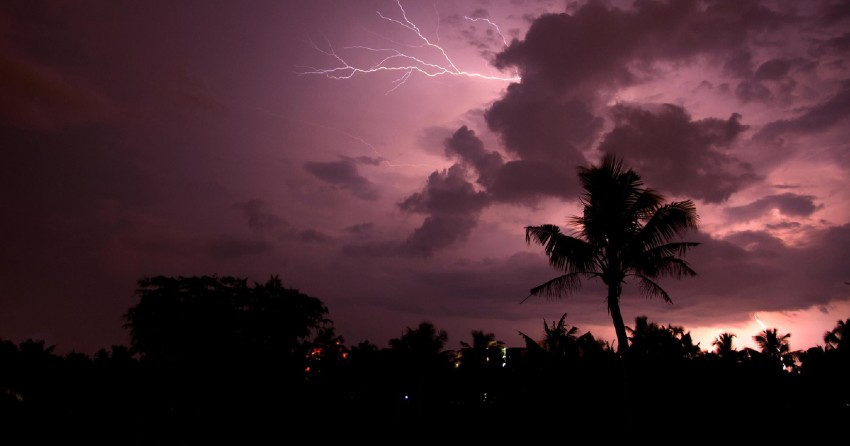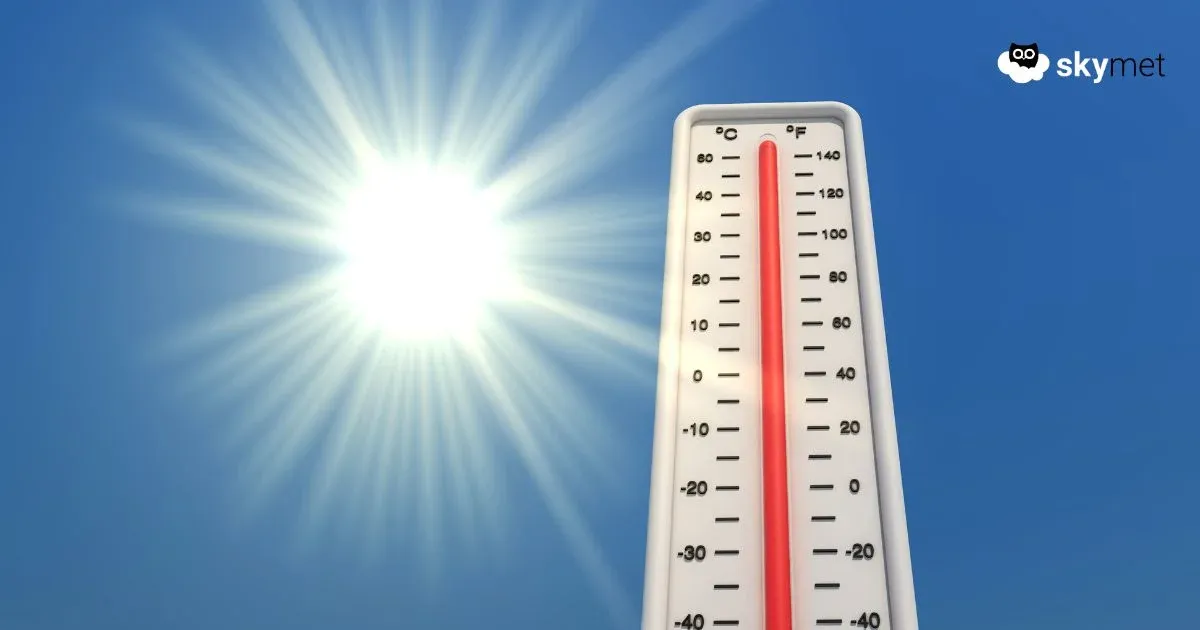
Students in a meteorology program learn the art of weather forecasting, but they also learn the importance of being able to communicate clearly and effectively about the weather. So goes the old saying. But if you are a weather forecaster, you can do something about the weather—at least how people prepare for it. As a weather forecaster, you are responsible for helping your audience plan their day, from deciding what to wear to choosing which outdoor plans to keep or to break. On snowy days, you even have the power to shape whether schools stay open or close for the day. Because weather forecasting is so important to how people conduct their days, you need to be sure that your weather forecast reports are clear, easy-to-understand, and accurate.
And that starts with mastering the art of meteorology.
Students in a meteorology program learn the art of weather forecasting, but they also learn the importance of being able to communicate clearly and effectively about the weather. A forecast doesn’t do any good if the intended audience can’t understand what you are telling them about the weather.
That’s why in this article we’ll review ten easy steps to writing well about the weather and about meteorology so you can master your academic meteorology program and succeed in your weather forecasting career.
10 Effective Weather Forecast Report Writing Tips
So, let’s take a look at some of the ways you can develop your skills when writing about the weather.
Gather your data
As should be obvious, one of the first things you need to write about the weather is weather data. Collect the information you will need to discuss the weather. For a weather report, you will need information from weather stations about wind speeds, air pressure, humidity, precipitation, etc. in order to gather the data that you need to develop your forecast. The more data you have, the better your forecast will be. For academic writing, you will need to gather the academic references and information you will need to support your thesis and your argument.
Analyze your data
Another important step is taking the data and processing it to develop a clear and compelling narrative about what the data mean. It’s not enough to simply report the facts. A good weather forecast report makes use of those facts to develop a take-home message about what the data are telling you. Remember, your audience won’t know as much about weather as you do, so you need to do the work of data analysis for them.
Develop a main idea or thesis
Boil down what you’ve learned from your data analysis into a single main idea or thesis statement. A forecast should contain plenty of information, but the audience needs one major take-home message, so producing a simple and clear main idea is the best way to communicate the most important information to your readers.
Keep the audience in mind
Consider who you are writing for when you produce your report. A weather report for air traffic controllers will likely be very different from one delivered on a local news broadcast. Think about what your audience needs to know, how much they know about weather, and how much technical information they can handle and pitch your report accordingly.
Outline before you write
Even if you just jot down a few words to guide you, outlining before you start writing will help keep you on track from start to finish to make sure that you waste no time getting to the point and don’t get bogged down in tangents. The more detailed your outline is, the stronger your final report will be.
Save the introduction for last
Finding the right way to introduce your weather report can be a challenge, so save it for last. Write the body of the report and then, once you have a good idea what you are saying and concluding, use the body and the conclusion to develop a compelling introduction.
Be sure to cite your sources
In an academic paper, you will need to use formal citations to document where information in your paper came from, but even in a weather report meant for the general public, you need to tell them where information came from so they can judge how accurate your report is. Be sure to indicate your sources throughout your paper.
Revise after you write
After you finish writing your first draft, your work isn’t done. You will need to go back and review your work carefully to make changes and revisions so it will be clear, easy-to-understand, and accessible to your readers. There is always room for improvement!
Proofread your work carefully
After you’ve revised, take another pass through your paper to check for grammar, spelling, punctuation, and syntax errors. These mechanical errors may seem minor, but they make a major impression on readers. Always deliver clean, correct text.
Consider professional writing services
You may need to hire someone to help with research papers and essays if they become too overwhelming. Using the assistance of expert writers from an online writing service likeWrite My Paper Hubcan free you from the burden of too many weather reports, research papers, and essays to write. Whether you need to free up time or need help understanding how to approach an assignment, expert writing services can help you get ahead and master the art of writing about the weather.
Final Words
We hope our guidelines will help you conduct effective research and create a high-quality weather forecast report today. Don’t hesitate to browse the Internet for finding sample reports to be an example and template for your future homework assignment writing. We wish you good luck with your report writing on weather forecast topics!

















